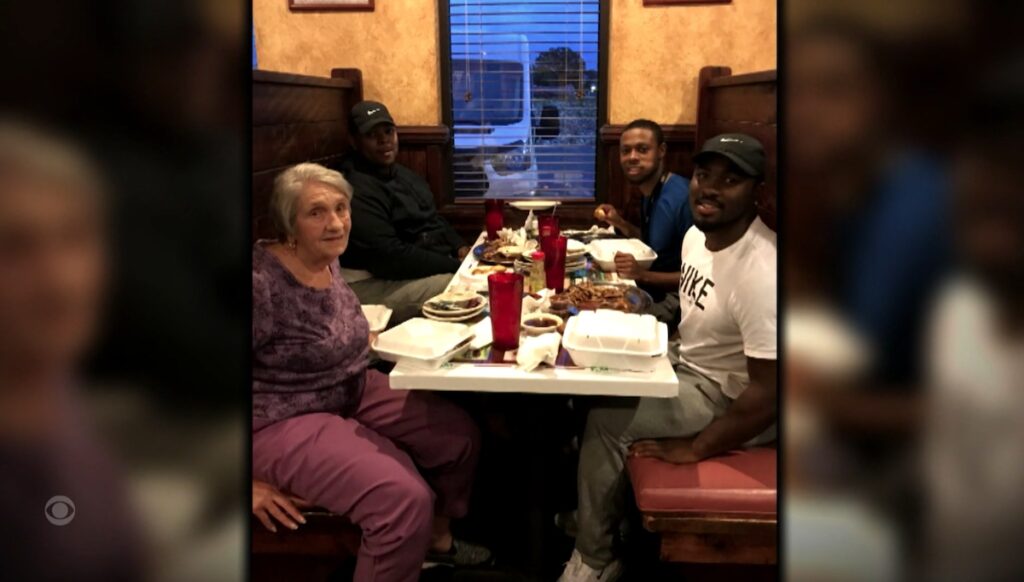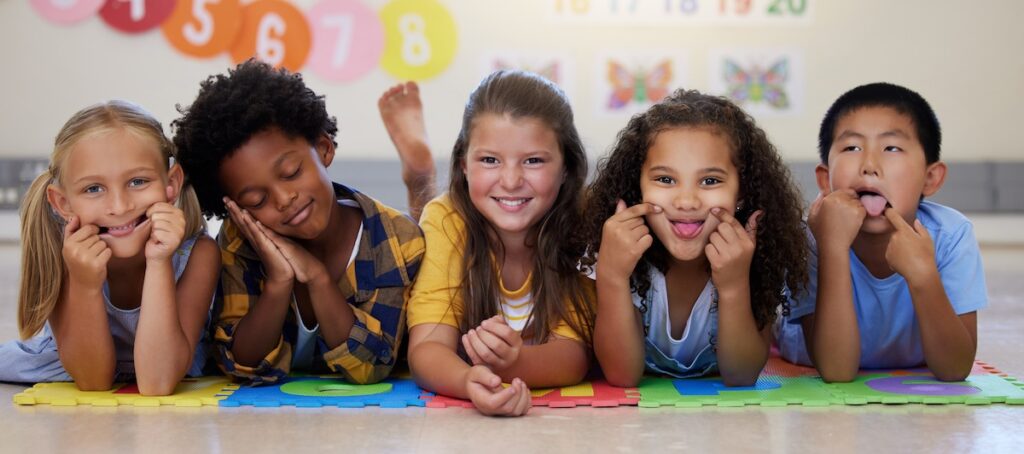
Our words have the power to build others up or tear them down and we have to be accountable to the consequences of the words we say. We have to be intentional when choosing our words to make sure that we lift others up and not cause harm.

Regulate emotions, attitudes, and actions, and resist negative emotions and impulses.
Interpersonal and social skills to guide appropriate behavior and create positive relationships and meaningful connections.
Employ critical and creative thinking skills to solve problems and make rational, ethical, and effective decisions that produce the best possible result.